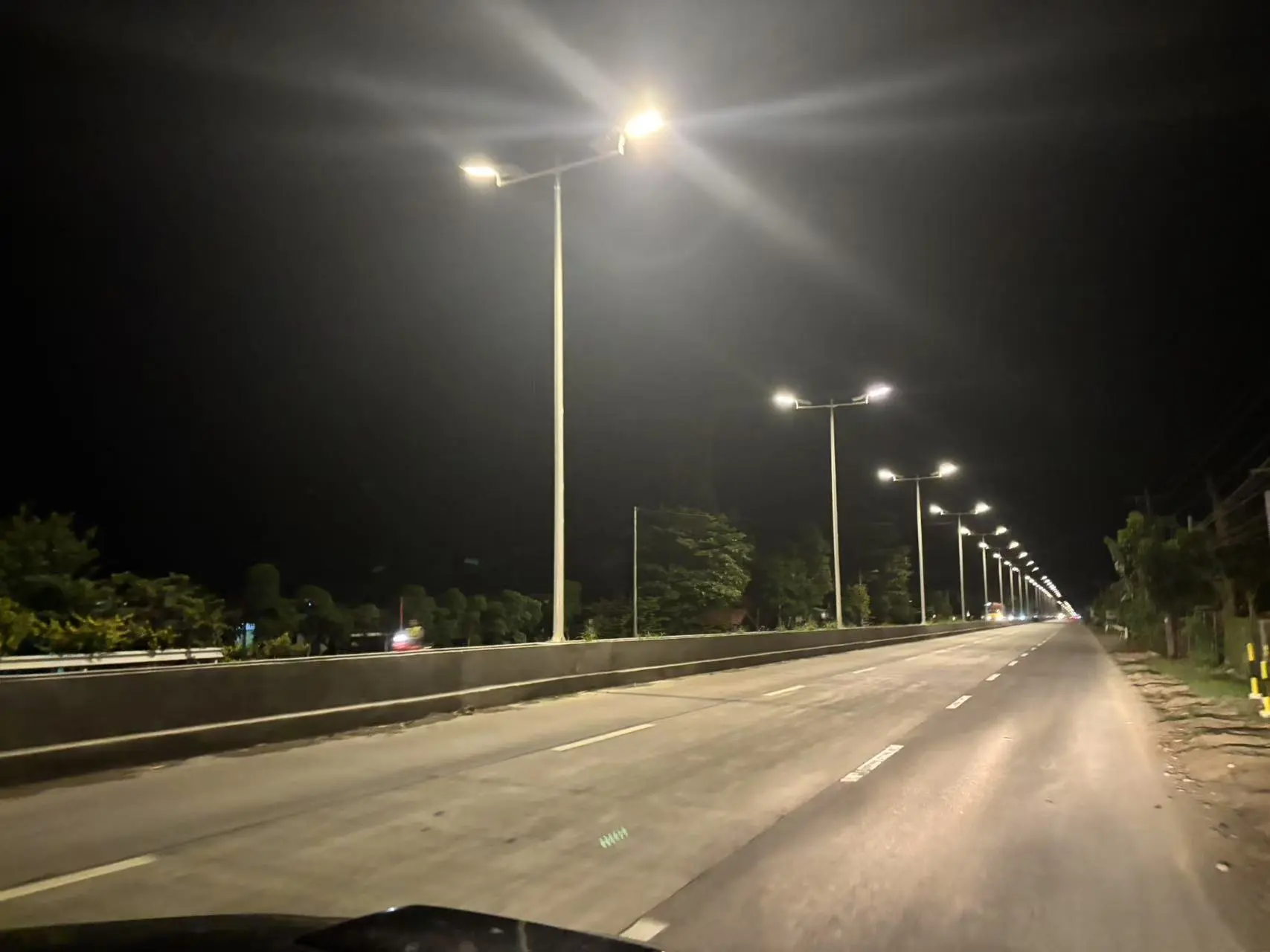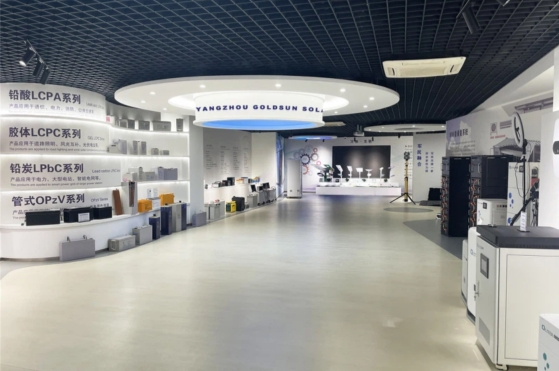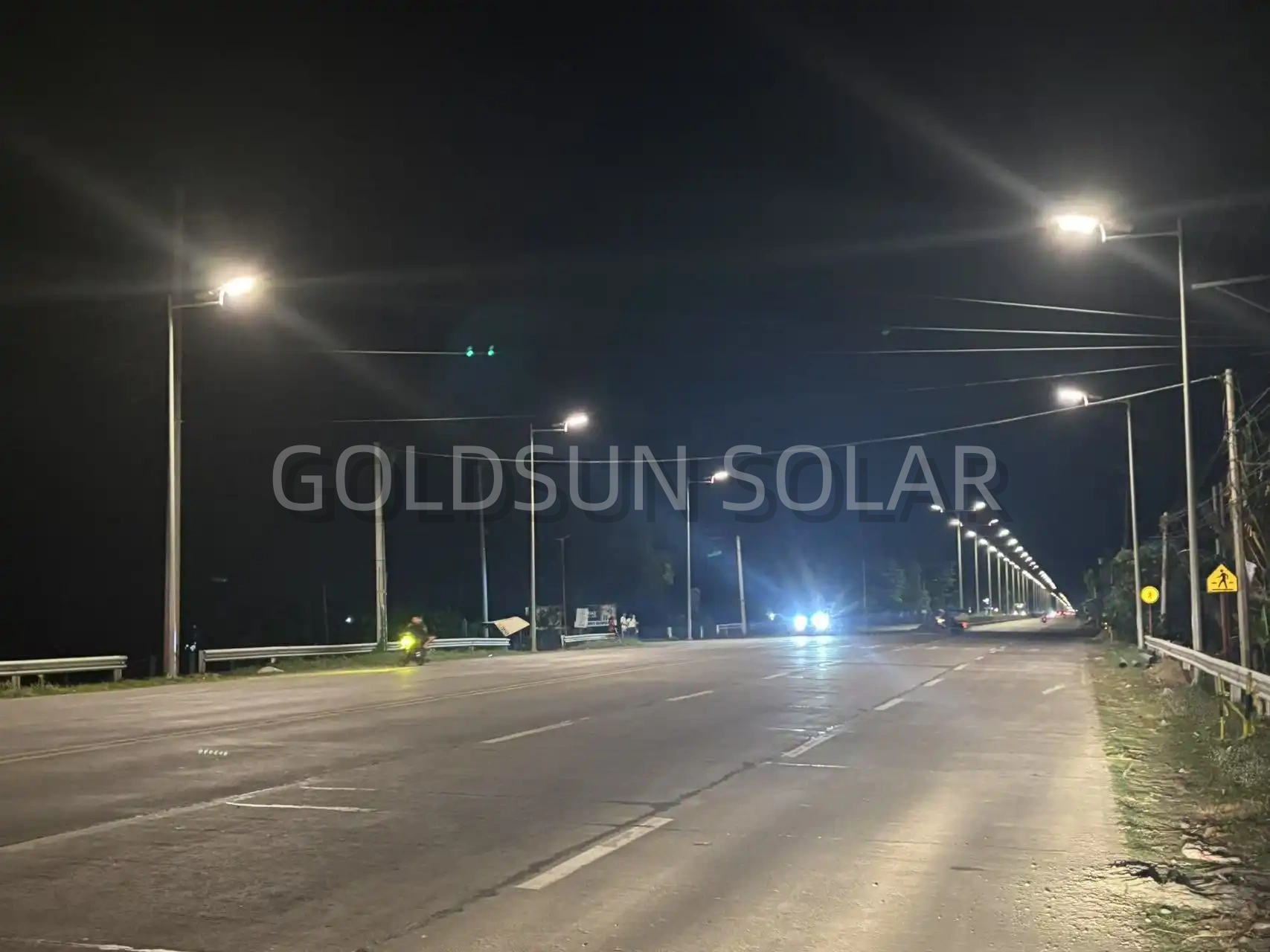International standards: IEC, CE, RoHS
IEC Standards for Solar Street Lights
The International Electrotechnical Commission (IEC) sets global standards for electrical, electronic, and related technologies. For solar street lights, several IEC standards are particularly relevant. IEC 62124 focuses on photovoltaic (PV) stand-alone systems, providing guidelines for design qualification and type approval. This standard ensures that solar street lights meet specific performance and safety criteria. Additionally, IEC 61215 deals with the design qualification and type approval of terrestrial photovoltaic (PV) modules, which is crucial for the solar panels used in street lights.
Another important IEC standard is IEC 62108, which covers concentrator photovoltaic (CPV) modules and assemblies. This standard is particularly relevant for high-efficiency solar street lights that use concentrated solar power technology. By adhering to these IEC standards, manufacturers demonstrate their commitment to producing high-quality, safe, and reliable solar street lighting systems.
CE and RoHS Compliance
CE (Conformité Européenne) marking is a mandatory conformity mark for products sold within the European Economic Area (EEA). For solar street lights, CE certification indicates that the product meets the essential requirements of relevant European health, safety, and environmental protection legislation. This certification covers various aspects, including electrical safety, electromagnetic compatibility, and energy efficiency.
RoHS (Restriction of Hazardous Substances) is another crucial certification for solar street lights. This directive restricts the use of specific hazardous materials found in electrical and electronic products. RoHS compliance ensures that solar street lights are free from harmful substances such as lead, mercury, cadmium, and certain types of flame retardants. By meeting RoHS standards, manufacturers contribute to environmental protection and human health safety, aligning with the eco-friendly nature of solar-powered lighting solutions.
Weatherproofing ratings (IP65/IP67) explained
Understanding IP Ratings
IP (Ingress Protection) ratings are essential for solar street lights as they indicate the level of protection against solid objects and liquids. The rating consists of two digits: the first represents protection against solid particles, and the second against water ingress. For solar street lights, IP65 and IP67 are commonly used ratings that ensure durability in outdoor environments.
IP65 certification means the product is "dust tight" (6) and protected against water jets from any direction (5). This level of protection is suitable for most outdoor applications, safeguarding the internal components of solar street lights from dust and rain. IP67, on the other hand, offers an even higher level of protection. It maintains the same dust-tight seal (6) but also provides protection against temporary immersion in water up to 1 meter deep for 30 minutes (7). This rating is particularly beneficial for solar street lights installed in areas prone to flooding or heavy rainfall.
Importance of Weatherproofing for Solar Street Lights
Weatherproofing is crucial for the longevity and performance of solar street lights. These lighting systems are exposed to various environmental challenges, including extreme temperatures, humidity, rain, snow, and dust. Proper weatherproofing ensures that the sensitive electronic components, solar panels, and batteries remain protected from these elements, maintaining their efficiency and extending their lifespan.
For instance, adequate weatherproofing prevents water ingress that could lead to short circuits or corrosion of internal components. It also protects against dust accumulation, which can reduce the efficiency of solar panels and LED lights. By choosing solar street lights with appropriate IP ratings, users can ensure reliable performance in diverse climatic conditions, from arid deserts to tropical rainforests. This durability translates to lower maintenance costs and a higher return on investment for municipalities, businesses, and other entities employing solar street lighting solutions.
Lighting performance certifications
Illuminating Engineering Society (IES) Standards
The Illuminating Engineering Society (IES) provides crucial standards and guidelines for lighting performance. For solar street lights, IES LM-79 and IES LM-80 are particularly relevant. IES LM-79 outlines the electrical and photometric measurements of solid-state lighting products, including LED-based solar street lights. This standard ensures accurate reporting of light output, energy efficiency, and color characteristics.
IES LM-80, on the other hand, focuses on measuring lumen maintenance of LED light sources. This standard is essential for predicting the long-term performance of LED components in solar street lights. By adhering to these IES standards, manufacturers can provide reliable data on the lighting performance of their products, helping customers make informed decisions based on expected light output and longevity.
Energy Star and DLC Certifications
While primarily known for indoor lighting and appliances, Energy Star certification is also applicable to certain outdoor lighting products, including some solar street light models. Energy Star certified lighting products meet strict energy efficiency guidelines set by the U.S. Environmental Protection Agency (EPA) and the U.S. Department of Energy. For solar street lights, this certification can indicate superior energy management and battery charging efficiency.
The DesignLights Consortium (DLC) is another organization that provides performance certifications for LED lighting products, including solar street lights. DLC certification ensures that lighting products meet specific performance criteria for energy efficiency, light output, and quality. Many utility companies and government agencies use DLC listings as a requirement for rebate programs, making this certification valuable for both manufacturers and end-users of solar street lighting systems.
In conclusion, certifications play a crucial role in ensuring the quality, safety, and performance of solar street lights. From international standards like IEC, CE, and RoHS to weatherproofing ratings and lighting performance certifications, these validations provide assurance to buyers and users. They guarantee that solar street lights meet stringent requirements for durability, efficiency, and environmental friendliness. By choosing certified products, customers can be confident in their investment, knowing that their solar street lights will perform reliably and safely in various outdoor conditions. For more information on our certified solar street light solutions, please contact us at solar@gdsolarlight.com.



